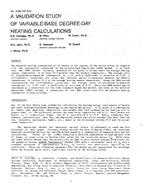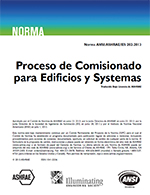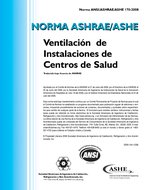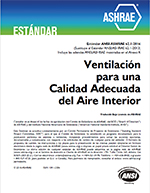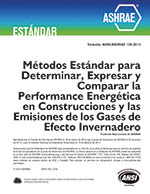Description
The measured heating consumption of 124 houses in all regions of the United States is compared with the consumption predicted by the variable-base degree-day (VBDD) method. It is found that the VBDD method correctly predicts for the group of houses where the average heating season temperature is at least 10 F greater than the balance temperature. The average ratio of calculated-to-measured consumption is 1.13 with a coefficient of variation of 0.38. A utilizability correction for solar and internal gains is necessary whenever the balance temperature is within 10 F of the average heating season temperature. Using the VBDD method incorporating the utilizability correction, the average ratio of calculated-to-measured consumption is 1.06 with a coefficient of variation of 0.42. Since the VBDD method may be considered as a substitute for the older standard degree-day method, now known as the modified degree-day (MDD) method, a comparison of the MDD predictions with the measured heating consumption is also provided.
Units: I-P
Citation: ASHRAE Transactions, 1987, vol. 93, pt. 2, Nashville, TN
Product Details
- Published:
- 1987
- Number of Pages:
- 33
- File Size:
- 1 file , 2.4 MB
- Product Code(s):
- D-NT-87-3058
